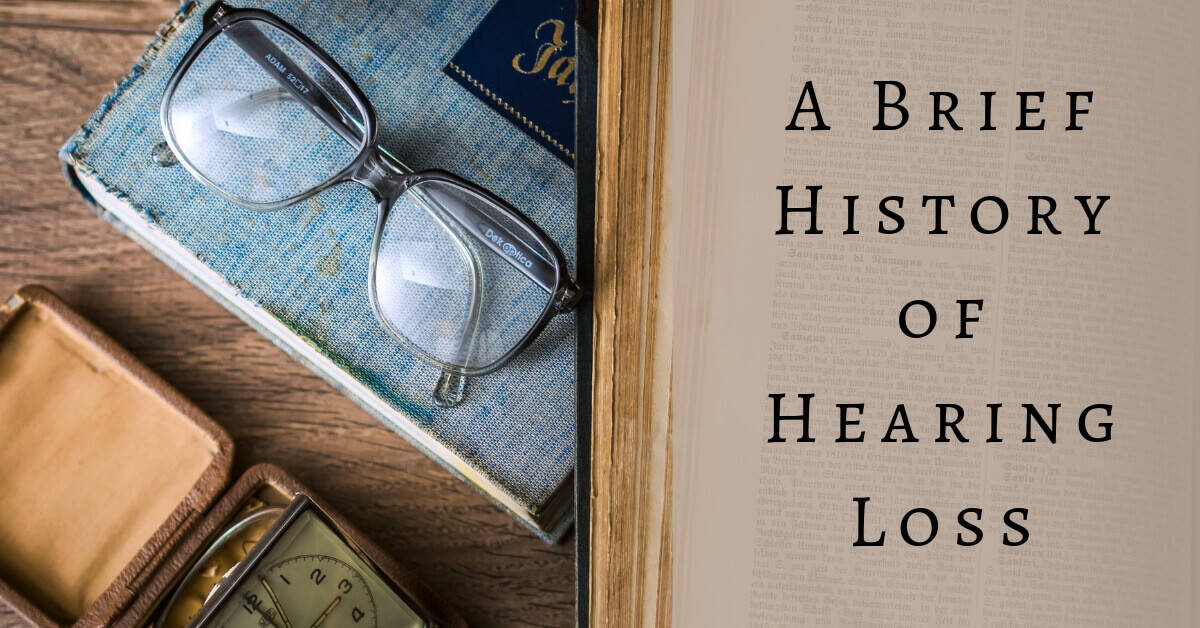More than 10 percent of the world’s population has some degree of hearing loss.
That is over 700 million people, including those who have mild hearing loss and may or may not use hearing devices or rely solely on lip reading to those who communicate in sign language.
At Desert Valley Audiology, we understand it might be difficult to admit you have hearing loss. Perhaps you keep telling yourself that it will pass or it’s not bad enough to get hearing aids. Hearing loss is a permanent condition, and if left untreated, it will affect many different areas of your life. People have apparently been using hearing devices since the ancient Roman times – and boy, have they improved since then!
Types of Hearing Loss
Conductive hearing loss occurs when sounds cannot make it to the inner ear. Sensorineural hearing loss is when the cells or nerves in the inner ear can’t receive or transmit sounds. Both kinds of hearing loss can be present from birth or occur as we get older. Hearing loss is not a new condition, though in the mid-20th century, research has increased significantly. Though hearing loss has pretty much always been around, historical references seem to dwell on causes versus how to deal with the disability.
Early References
The earliest written references to hearing loss is believed to date from 1550 BC in Ancient Egypt. The Ebers Papyrus offers a remedy for hearing loss or what it called “Ear-That-Hears-Badly,” which includes injecting olive oil, red lead, ant eggs, bat wings and goat urine into the ears. The Ancient Egyptians may have gotten some relief if the hearing issues was caused by a wax build-up, but we’re not sure. However, Egyptians were instructed to be kind to those with disabilities, and that included people with hearing loss.
In Greece, Aristotle and Plato, around about 350 BC, wrote that the ability to reason was linked to the ability to speak, so individuals who were deaf from birth or lost their hearing in early childhood before they learned to speak, were considered unintelligent. Unfortunately, throughout history, this attitude prevailed and deaf individuals were rarely given the same civil rights as other independent adults.
Sign Language
Plato made a reference to sign language in his published dialogue, “Cratylus”: “If we had no voice or tongue, and wished to make things clear to one another, should we not try, as dumb (mute) people actually do, to make signs with our hands and head and person generally?”
The earliest reference to specific signs, rather than just the act of signing, doesn’t involve deaf individuals, but it involves monks. In the early 10th Century, monks in Burgundy, France developed a series of hand signals to communicate. This was done so they could observe their strict vow of silence. This is actually credited with being the inspiration for the manual alphabet or finger spelling developed for the first deaf school. The earliest mention of the creation of a hearing aid comes in 1588 with a written description of using horns shaped like the ears of animals to improve hearing.
Physical Evidence of Deafness
The earliest known examples of skeletal evidence associated with hearing loss dates back to more than 10,000 years ago. There is evidence in remains found buried in Iraqi that individuals had external auditory exostoses or bony growths in their ear canals that would have interfered with their hearing. Individuals with hearing issues were certainly present in the past and probably in greater numbers than we see accounted for by historians and archaeologists. This is likely because illnesses and injuries that we can treat now to prevent hearing loss were not treatable in ancient times.
Back to the Present
If you think you have hearing loss, or a friend or loved one is showing signs of hearing difficulties, don’t delay getting a hearing evaluation. They are painless and private. From the whisper of a loved one, to children’s voices or birds chirping, you don’t want to miss out on the moments that involve sounds – and contribute to you living your life to the fullest. Treating hearing loss with the use of hearing aids means you will not miss out on all those hearing experiences that enrich your life.
At Desert Valley Audiology, our experienced and professional staff can help you navigate through the numerous models and types of hearing devices and find one the fits your lifestyle. Contact us today to learn more!

